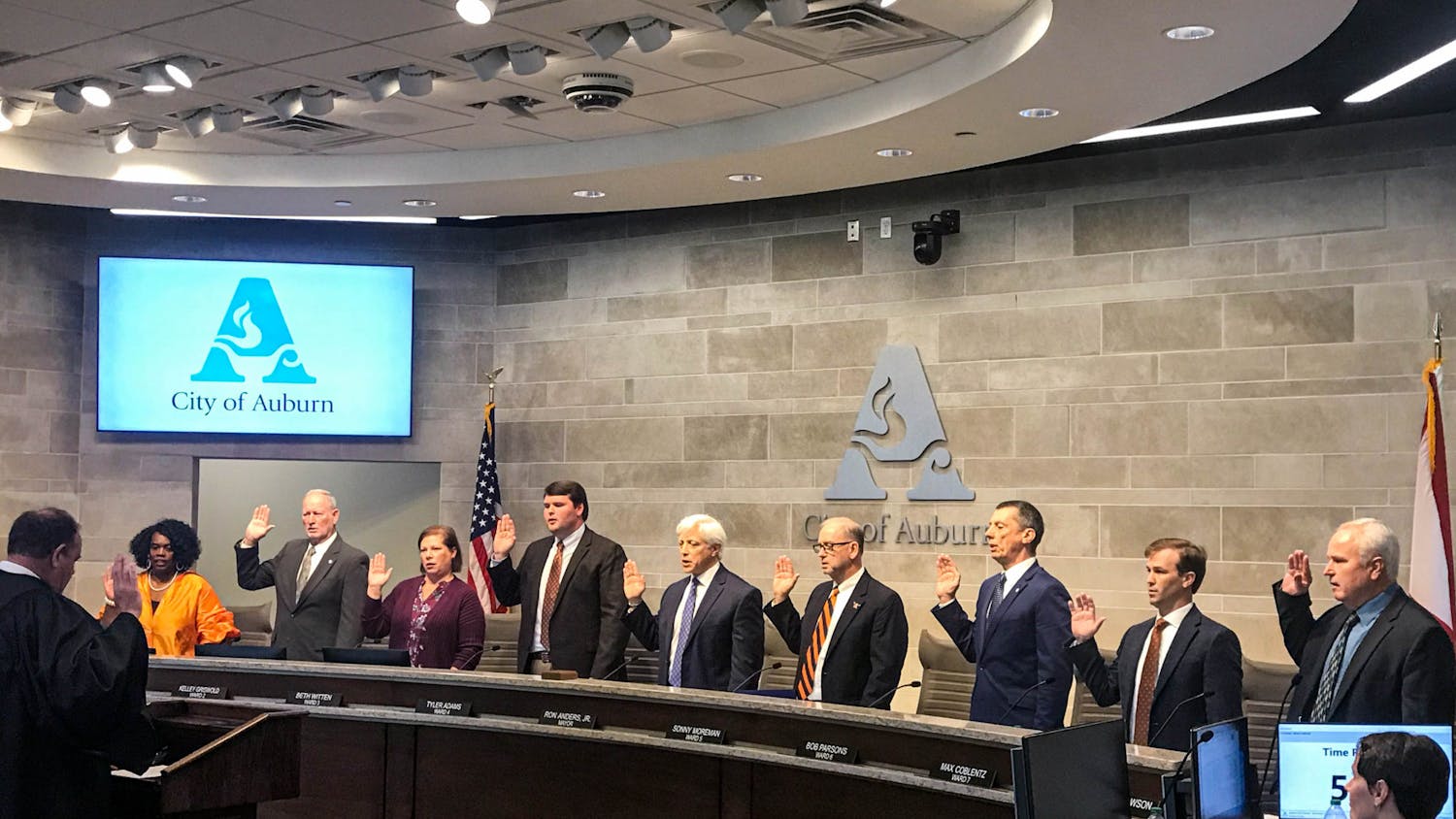Mental illness has been a hot topic as of late with the recent increase of overly stressed students developing or worsening their depression, anxiety or the other less talked about and “socially acceptable” illnesses such as schizophrenia.
Many students have ultimately made the decision to end their suffering because of their mental illness. You would think that choosing to end one’s life is drastic and unnecessary considering the options out there for students geared toward helping the ill, especially on Auburn's campus.
But what if for all your life you were taught that seeking help was some form of weakness? That having a mental illness was even a sign of a lack of faith?
For some cultures, especially the black community, mental health has been a subject that most do not speak of. As an African-American myself, this has truly hit home for me because of the loss of my aunt this past March.
My aunt, a beautiful woman full of life and love whose energy could just fill a room, was severely depressed. Being so far away, I was helpless in assisting, providing the help and counsel she desperately needed. And to this day, I cannot come to terms with why she left us.
Maybe if I was more active and not so complacent with the state she was in, I could have made a difference. For the first time through this tragic and sudden event, I truly realized the strength and ruthlessness mental illness has on its victims — especially when one form of help is not enough.
My eyes were opened to the cultural disconnect the black community has in tackling mental health.
In dark times like these in my culture, we turn to prayer for stressful times and religious help. According to the American Psychiatry Association, 85 percent of African-Americans have some sort of affiliation with religion. When not well, we speak to our pastor and turn to God as a sole form of mental health treatment, even more so than considering other options.
We try to “pray the stress away” and turn to scripture. Being unwell can be viewed as not having enough faith — weakness. This stigma has been placed on African-Americans and others through upbringing and the state of one’s environment.
Many deny that they are ill in fear of being seen as weak to others. To seem tough, we often refuse help.
I can be an example. Long before, and since, my aunt’s passing, I straddled the fence on whether I should seek counseling with Auburn University’s Student Counseling Services. Since high school I have personally struggled with having confidence in myself, which in turn would bring down my mood and my outlook on life to a depressed state.
I feared not learning how to cope would develop into something later, if not fixed now. For my freshman and sophomore years at Auburn, I followed what my culture taught me: deny that I am unwell, fear people will judge me and refuse the help that is offered not only to me but every student on campus.
My mentality was one in which my problems were not “good enough” or “worth attention” to receive help. I feared that my “petty issues” would rob a student with more important ones of their spot. Upon going through counseling services, I learned my assumptions were wrong.
I would not go as far to say this, but experiencing the shock of losing a loved one to a form of mental illness — one which runs in my family — I became serious in getting help. I decided not only to seek professional help, but spiritual counsel as well because I feel both will help my issues in their own ways.
Although my case is not as severe as others, I feel that many students who are also feeling cultural stigma on getting help should seek counsel from more than one place. As a practicing Christian personally, I am not saying that the black community or anyone with faith should not turn to religion for guidance or should be shamed because of their preference.
What I am saying is not only should the ill seek spiritual healing, but mental and physical wellbeing as well. Both forms of help are beneficial. Being mentally ill or having mental health problems is not a form of weakness or sign of a lack of faith.
If you need help, get it — regardless of what your culture has taught you. Do not be idle with your problems until it builds into something more severe.
Do you like this story? The Plainsman doesn't accept money from tuition or student fees, and we don't charge a subscription fee. But you can donate to support The Plainsman.



